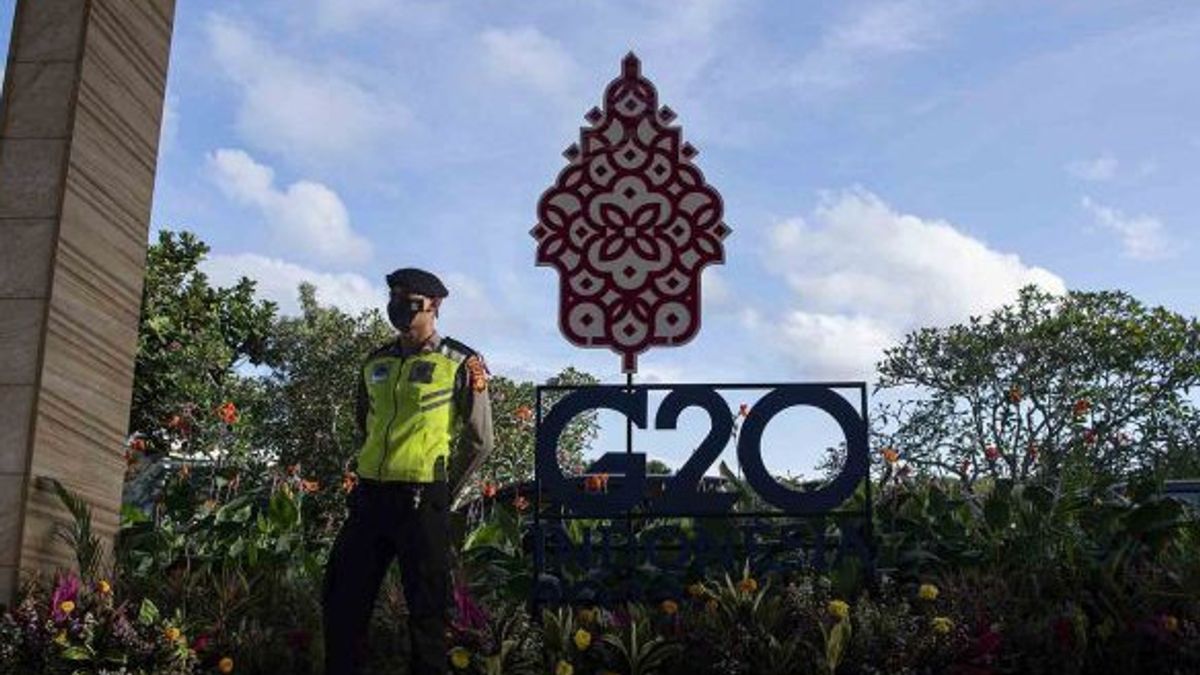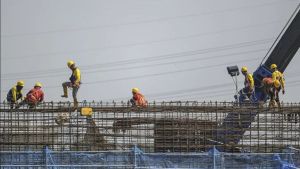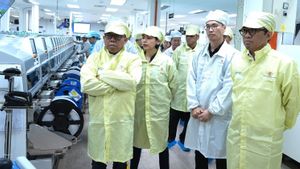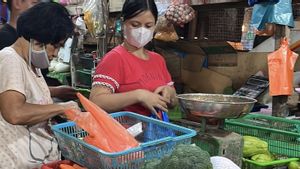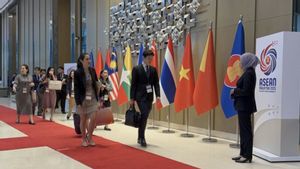The food crisis is one of the main discussions in the G20 Summit in mid-November. The meeting of the head of state at the G20 Summit forum is expected to produce an agreement to anticipate the global food crisis amid various challenges, ranging from geopolitical conflicts and the issue of food insecurity. INDEF food economist Andry Satrio Nugroho said that in the G20 agricultural group working, several crucial things have been discussed about world food. Therefore, are expected to bring concrete results to the world community. "Indeed, they are committed to together having at least urgency related to the food crisis, because one of the problems of the food crisis is nutrition and poverty," he said in Jakarta, Friday, November 11. From the meeting, said Andry, the G20 Agriculture Working Group agreed to promote the creation of a sustainable and resilient food system. "So when there is a new crisis, it can at least survive. The resilience Agriculture and food systems are important, said Andry. Several global initiatives have been launched by regional, international, and even independently by several countries to deal with food security problems, such as the UN Global Crisis Response Group (GCRG), the G7 Global Alliance for Food Security (GAFS), the Global Agriculture and Food Security Program (GAFSP), the International Finance Institution Action Plan, and the Global Development Initiative. "AgRICture "The G20 state ministerial wants food trade practices that can at least be open, transparent and do not discriminate and can create food commodities that are available and can be reached by all countries," said Andry. Andry also encouraged the relevant international organizations to monitor the implementation of the results of the agreement. Previously, Coordinating Minister for the Economy Airlangga Hartarto said that Indonesia would be the world's attention in organizing The G20 Summit in Nusa Dua, Bali, on November 15-16. This is inseparable from the performance of the Indonesian economy in good conditions to lead the G20. "In terms of recognition, Indonesia will be the world's attention," said Coordinating Minister Airlangga. The chairman of Golkar explained that Indonesia's economy grew impressively by 5.72 percent (yoy) in the third quarter of 2022 at the time of Indonesia's G20. The government also succeeded in reducing the inflation rate to 5.7 percent. In addition, Indonesia will also hold the chairmanship of ASEAN. Meanwhile, Executive Director of the Center of Reform on Economics (CORE) Indonesia Mohammad Faisal said Indonesia's achievements prove that Indonesia's economy is more resilient than developed countries or other major countries. However, Faisal stressed to be more aware of the future.
"This shows that actually the Indonesian economy is relatively more resilient. Compared to countries outside, especially developed countries, larger countries. But this does not stop in the third quarter alone. What we need to be aware of is in the future, in the fourth quarter and 2023," he explained.
According to Faisal, Indonesia's economic growth is mostly driven by the upper middle class who have relatively more endurance in inflation than the lower class. However, Faisal also continues to emphasize the importance of the government to maintain the purchasing power of the two groups, especially the lower class. "Actually, the economy is driven by the middle-upper class which is not too much affected by inflation, but higher inflation affects purchasing power, especially the lower class. This is what needs to be seen," he said. Faisal revealed the importance of household consumption by maintaining people's purchasing power. This is to dispel concerns about higher economic growth accompanied by a wider gap between the middle-up and lower class. Furthermore, Faisal emphasized that the lower class of people do not get a sufficient multiplier effect of economic growth, they even get new pressure due to rising living costs due to inflation. "So what the government needs to do is to ensure that the middle-down, the incentive policies given should not be counter-productive to maintaining the purchasing power of the lower middle class," he said.
The English, Chinese, Japanese, Arabic, and French versions are automatically generated by the AI. So there may still be inaccuracies in translating, please always see Indonesian as our main language. (system supported by DigitalSiber.id)
